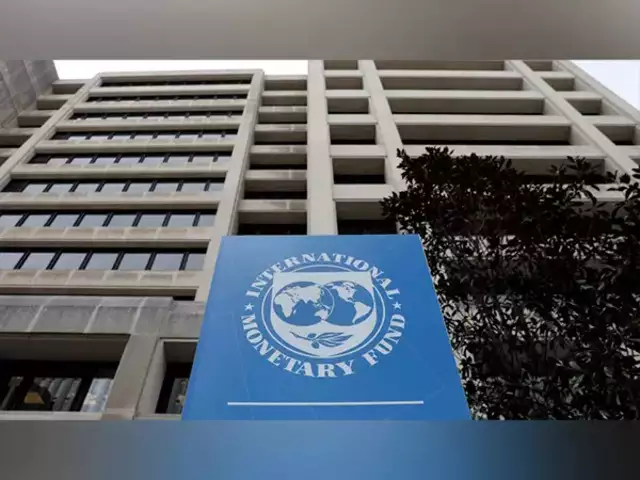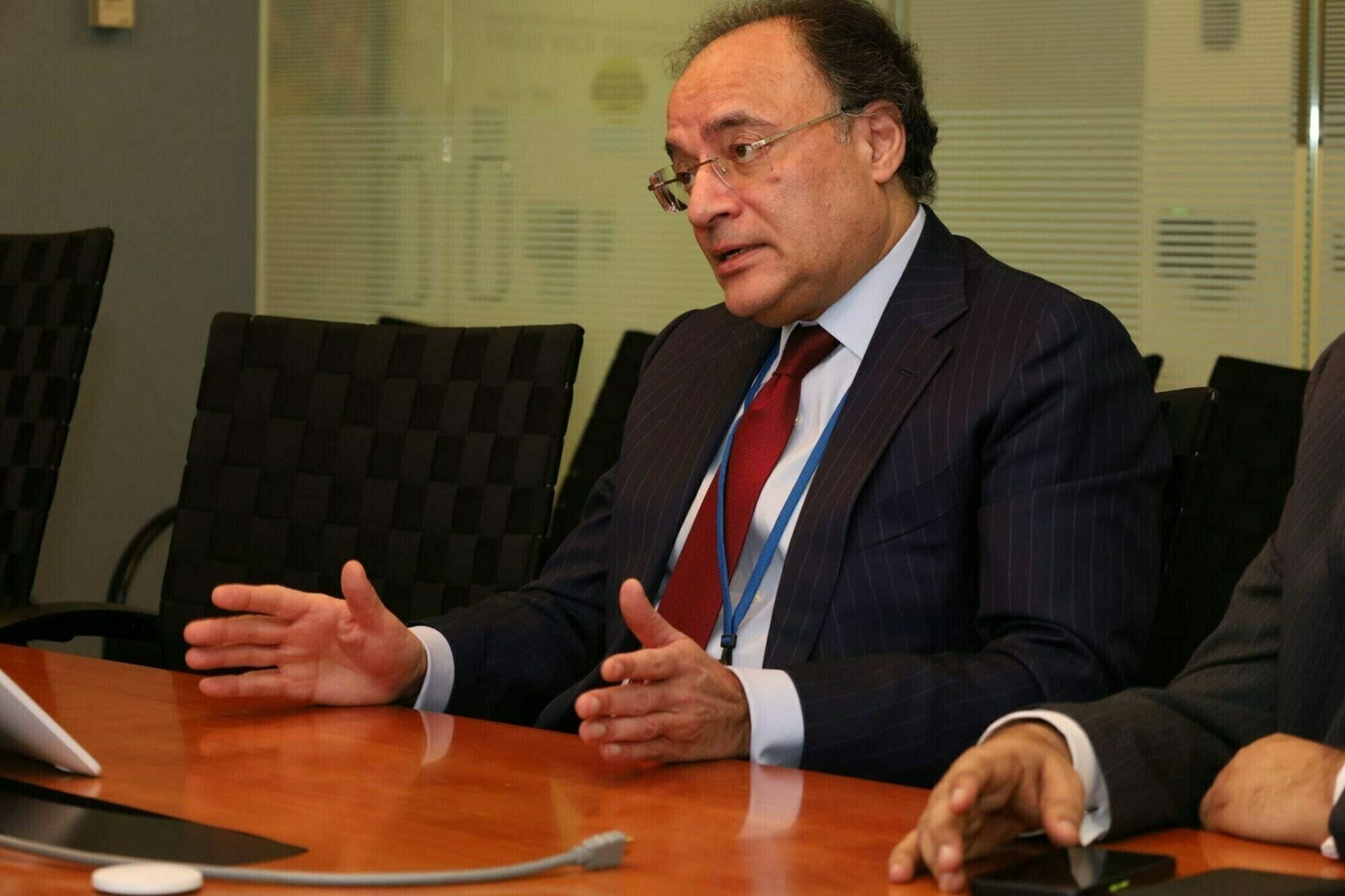Sazgar Engineering Works Limited (SAZEW) has officially kicked off pre-bookings for Pakistan’s first locally assembled plug-in hybrid electric vehicle (PHEV) — the HAVAL H6 Hi4 1.5L AT AWD Turbo. The company announced the development in a formal notice to the Pakistan Stock Exchange (PSX) on Monday, confirming that the first Completely Knocked Down (CKD) unit is expected to roll out in August 2025.
This marks a significant leap forward in Pakistan’s hybrid vehicle adoption, especially amid growing interest in sustainable transport options.
“We are pleased to inform you that the company has commenced the pre-bookings of its PHEV from today under the brand ‘HAVAL H6 Hi4 1.5L AT AWD Turbo PHEV’. The first rollout of the CKD model of this vehicle is expected in August 2025,” the company’s statement to the PSX said.
A plug-in hybrid electric vehicle (PHEV) blends a traditional gasoline engine with a larger battery than standard hybrids, allowing it to run solely on electricity for a limited range. Once the battery is depleted, the vehicle seamlessly switches to hybrid mode, using a combination of the internal combustion engine and electric motor. This provides greater flexibility and efficiency, especially in countries like Pakistan where electric vehicle (EV) charging infrastructure is still developing.
Sazgar is not stopping with the HAVAL H6. The company has also announced plans to launch two more PHEV models in the near future:
- TANK-500 Hi4-T 4X4 2.0L Turbo AT PHEV (SUV)
- CANNON ALPHA Hi4-T 4X4 2.0L Turbo AT PHEV (Pickup Truck)
According to the company’s notice, CKD rollouts of these two vehicles are expected to begin before March 31, 2026. These models are aimed at expanding consumer choices in the hybrid SUV and utility truck segments.
This diversified approach reflects Sazgar’s ambition to capture a significant share of the hybrid and EV market in Pakistan, where consumer demand is rapidly evolving in favor of greener and more fuel-efficient options.
One of the most pressing concerns in Pakistan’s EV transition has been the lack of charging stations. Fully electric vehicles (EVs) remain a challenge due to limited public infrastructure. However, plug-in hybrids provide a more practical interim solution by allowing drivers to benefit from electric power without being fully dependent on charging networks.
In a move to accelerate EV adoption, the Pakistani government announced a 45% reduction in electricity tariffs for vehicle charging stations in January 2025. This initiative is part of a broader policy shift aimed at promoting clean energy transportation and reducing the country’s carbon footprint.
Speaking to Business Recorder, Samiullah Tariq, Head of Research at Pak-Kuwait Investment Company, welcomed the move by Sazgar, stating,
“This is a good development for competition.”
He emphasized that local assembly of advanced hybrid vehicles would not only boost consumer confidence but also attract further foreign investment into Pakistan’s auto sector.
In parallel, BYD, the world’s largest electric vehicle manufacturer based in China, recently announced that it would begin assembling its first EV model in Pakistan by July or August 2026. The company is setting up a local plant to meet the growing demand for EVs and plug-in hybrids in South Asia. This move is expected to intensify competition and offer consumers a broader range of sustainable mobility options.
Pakistan’s auto industry has been gradually opening up to electric and hybrid technology, thanks to multiple incentives offered by the Automotive Development Policy and the Electric Vehicle Policy 2020-2025. These include:
- Reduced customs duties on EV parts
- Lower registration fees
- Special import benefits for EV manufacturers
Such initiatives are crucial in driving down prices and making hybrid vehicles more accessible to the middle-income segment of the population.
The pre-booking of the HAVAL H6 PHEV marks a transformational moment for the local auto industry. Sazgar’s move reflects a growing trend of tech-driven, environment-conscious automobile manufacturing in Pakistan.
As consumer preferences shift towards fuel-efficient, low-emission vehicles, local assemblers like Sazgar are positioning themselves to be leaders in this transition. The arrival of new hybrid and electric models, along with policy support, is expected to stimulate investment, create jobs, and potentially make Pakistan a regional hub for EV production.




